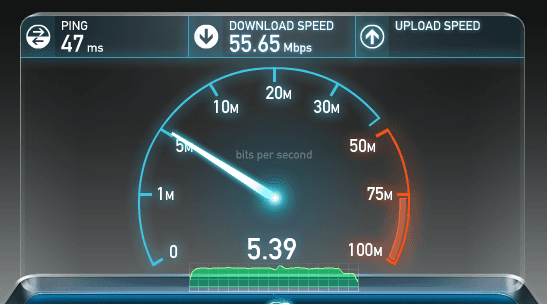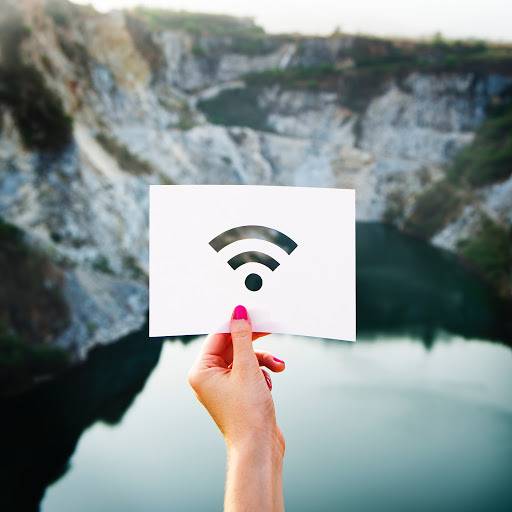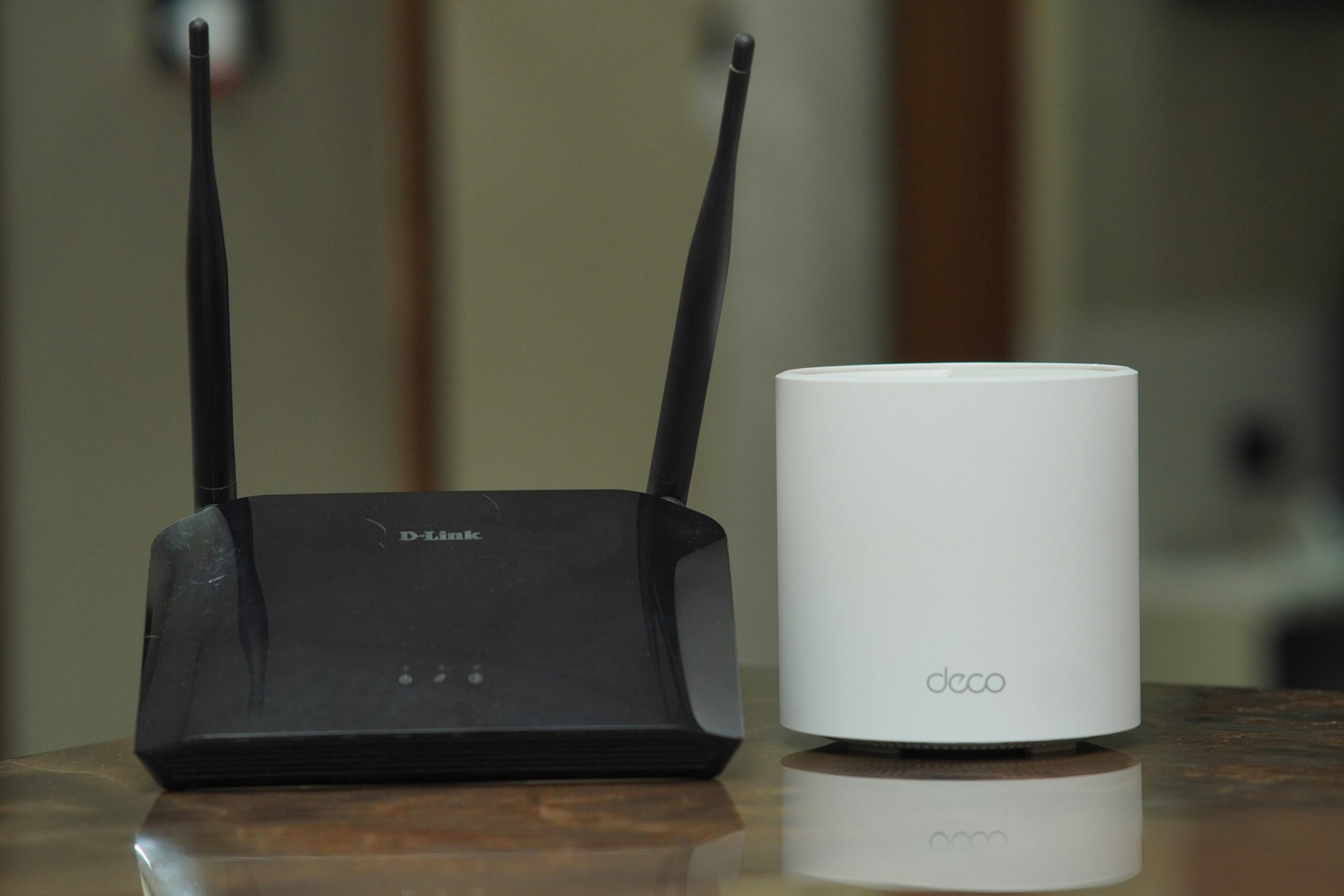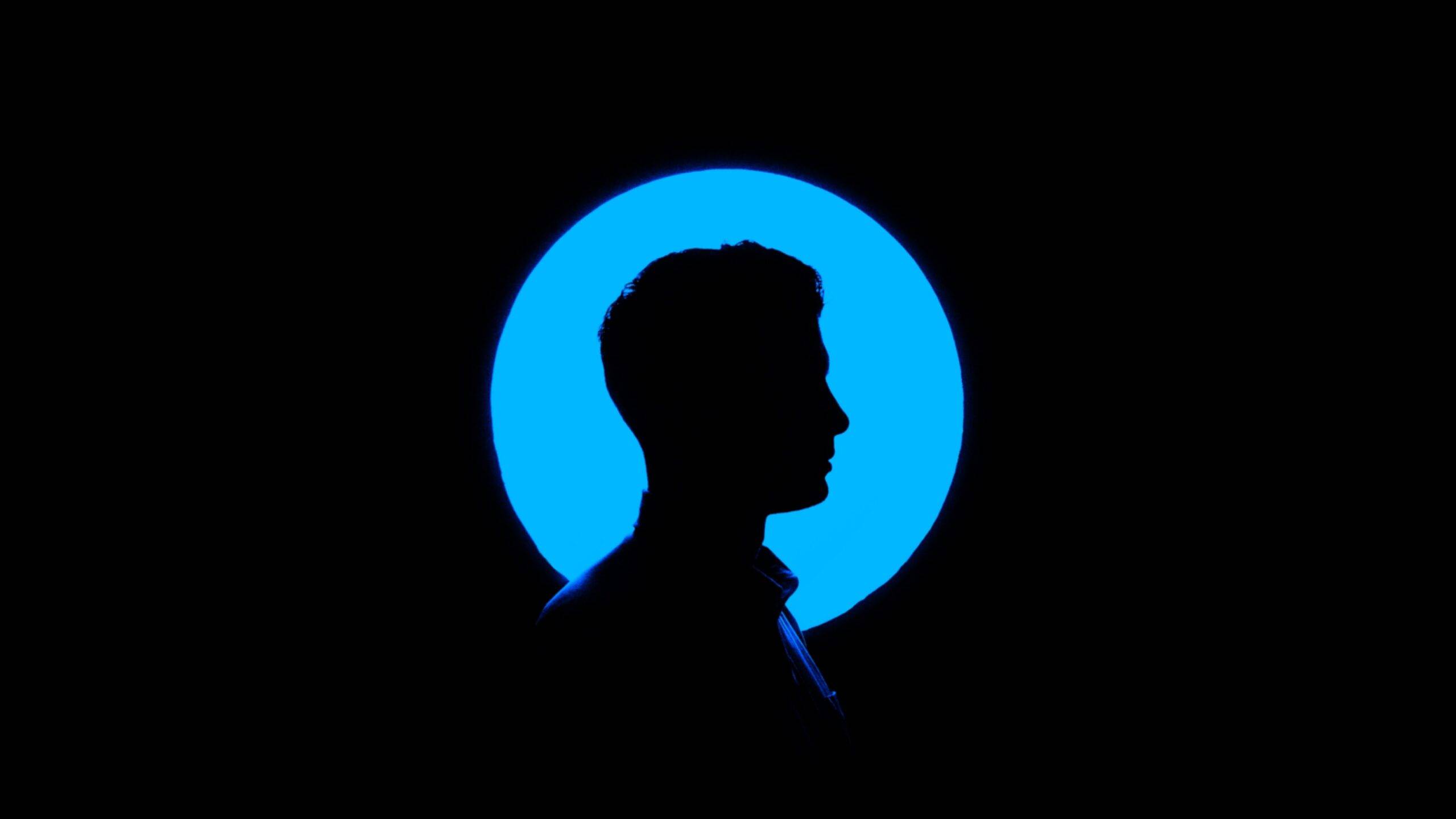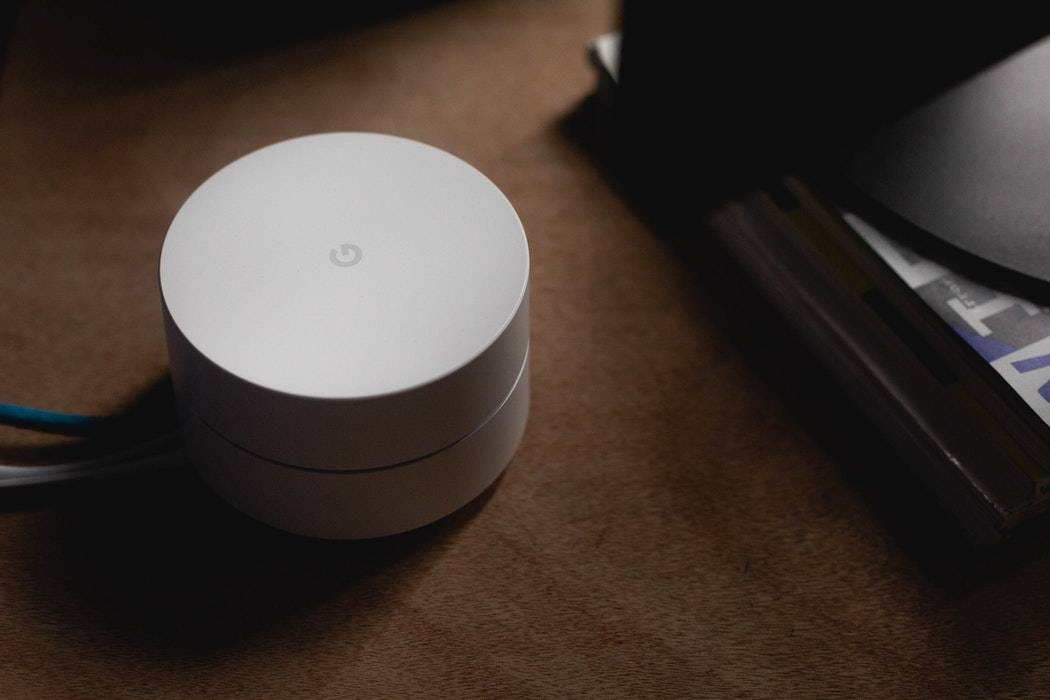You think the things that you do online are between you and your computer. Not so. Your cyber-privacy is constantly being chipped away: by your Internet provider, your cellphone carrier and lawmakers. Before you post to a social-media site or browse the Internet for that report you’re compiling on pedophiles, keep in mind how your actions online are anything but private.
At issue is the struggle to protect privacy rights while fighting the online theft of American intellectual property.
Last month, the U.S. House of Representatives shelved its proposed Stop Online Piracy Act, or SOPA (H.R. 3261). The legislation’s surface intent seemed sound: It would have given holders of music, films, books and other intellectual property copyrighted in the United States some teeth to stop its illegal distribution, even if that property was stored in an offshore server. But the bill required such sweeping enforcement that Google communications director Bob Boorstin said, “YouTube would just go dark immediately.” If you were caught unwittingly posting a video of your niece singing along with the latest Taylor Swift tune, you could be blocked from Facebook and by your Internet provider and you’d have the burden of proving your innocence.
Hawaii’s legislature recently considered a bill (HB 2288) that would have required Internet providers to track state residents’ online activities and retain detailed records for at least two years. Internet providers, businesses and consumer-rights activists immediately protested the legislation, which is being revised.
Though SOPA was postponed indefinitely after tech-industry backlash, alternative legislation — the Online Protection and Enforcement of Digital Trade Act, or OPEN — was introduced last month in the House. It seeks to improve enforcement of copyrights online. If you access sharing or social-media sites, consider how — if it becomes law — it might affect you or the sites you patronize.
How much information about your online activities is tracked and/or sold depends on the policies of the Internet service provider and websites you use.
Google will roll out a new privacy policy March 1 that it says will streamline more than 70 privacy agreements into one cross-platform policy that’s clearer and easier to understand. Opponents point out that it will allow any information you’ve shared or created on one Google platform — Gmail, YouTube, Google+, etc. — to be shared across all Google products.
The fear is that Google will soon have a “massive, all-inclusive database of your most private information, from your political leanings to your searches for prescription drugs. And there’s nothing you can do about it, short of giving up your Google habit,” Fox Van Allen wrote Jan. 25 on Tecca, a consumer tech website.
Last year, the U.S. Department of Homeland Security solicited bids for building a network capable of monitoring “publicly available social media” to track potential terrorist activity. The department’s “privacy impact assessment” — at http://www.dhs.gov/xlibrary/assets/privacy/privacy_pia_ops_publiclyavail… — said it would track only publicly available information, but it still makes me want to review my Facebook privacy settings.

In October, Verizon changed its privacy policy to detail what broadband-user information it collects and sells. It collects information on your Internet activity, downloaded apps, physical location and demographics — stripped of your name and other personal identification — and sells it to advertisers or anyone else willing to pay for it. Verizon is the most transparent of the carriers, which all likely engage in data gathering.
You may think that monitoring and selling information about your online activity isn’t a big deal if it isn’t tracked back to you. However, while your personal details may be stripped from data before it’s sold, there’s no telling what may be done with the information if it’s maintained in databases that are out of your hands.
Alright enough talking, now tell us what you think.

About The Author: Andrea Eldridge is CEO and co-founder of Nerds On Call, a computer repair company that specializes in on-site and online service for homes and businesses. Andrea is the writer of a weekly column, Nerd Chick Adventures in The Record Searchlight. She prepares TV segments for and appears regularly on CBS, CW and FOX on shows such as Good Day Sacramento, More Good Day Portland, and CBS 13 News, offering viewers technology and lifestyle tips. See Andrea in action at callnerds.com/andrea/.

